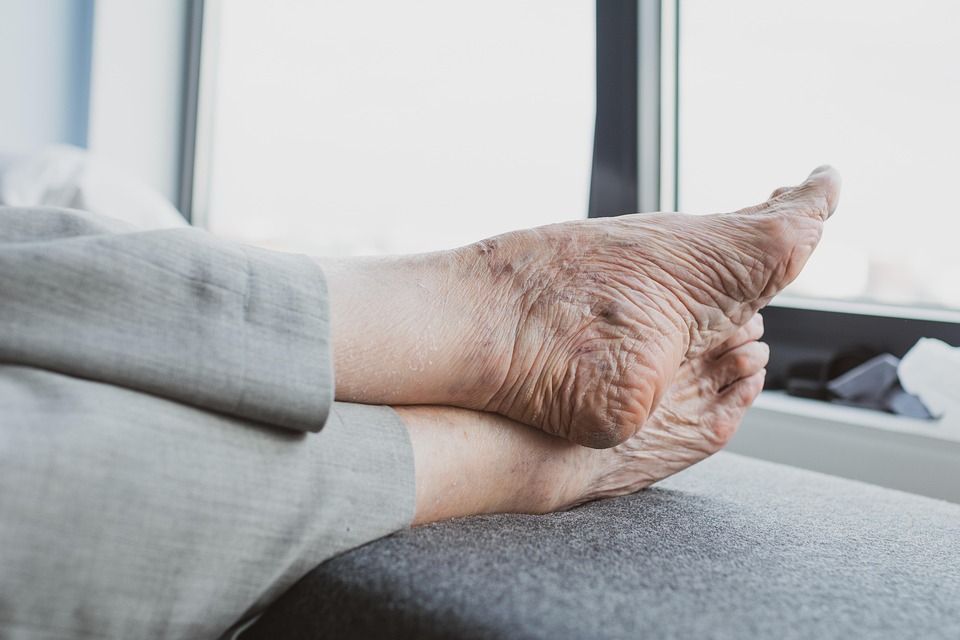Contents
7 Essential Tips for Bladder Health in Seniors
Your bladder health is crucial, especially as you age. Maintaining a strong, functional bladder can significantly enhance your quality of life. As we move into our golden years, understanding how to care for this vital organ becomes increasingly important. Bladder health is about more than just avoiding accidents; it’s about enjoying a full, active life without the constant worry of incontinence or discomfort.
In this article, we’ll explore seven essential tips for bladder health in seniors that will empower you to take charge of your well-being.
Understanding Bladder Health
Bladder health refers to the overall condition and functionality of your bladder. It’s a crucial aspect of urinary health, influencing everything from how often you need to urinate to your risk of infections. As we age, changes in our bodies can lead to various bladder issues, making it all the more vital to adopt healthy habits.
Why Bladder Health Matters
Good bladder health can prevent discomfort and improve your daily activities. When you prioritize your bladder’s well-being, you can experience:
- Increased confidence: Fewer leaks mean more freedom to enjoy outings and activities.
- Better sleep: A healthy bladder reduces nighttime trips to the bathroom, allowing for more restorative rest.
- Enhanced quality of life: Focusing on bladder health can lead to better overall wellness.
1. Stay Hydrated
Water is your best friend. Staying hydrated is one of the most crucial aspects of maintaining bladder health. It may seem counterintuitive if you experience urgency or incontinence, but drinking enough fluids helps dilute your urine, reducing irritation.
- Aim for 6-8 cups of water daily.
- Adjust based on activity level and climate.
Avoid sugary drinks, caffeine, and alcohol, which can irritate the bladder. Instead, opt for herbal teas or infused water for flavor without the added risks.
2. Manage Your Diet
What you eat can significantly impact your bladder health. Certain foods can irritate your bladder, leading to discomfort and urgency. Follow these dietary tips:
- Increase fiber intake: Foods like whole grains, fruits, and vegetables can prevent constipation, which can put pressure on your bladder.
- Limit acidic foods: Citrus fruits and tomatoes may exacerbate bladder issues for some people.
- Consider bladder-friendly options: Blueberries, bananas, and leafy greens are often easier on the bladder.
3. Practice Pelvic Floor Exercises
Your pelvic floor muscles play a crucial role in bladder control. Strengthening these muscles can help improve your bladder health:
- Kegel exercises: These help you target and strengthen pelvic floor muscles. Start by tightening the muscles used to stop urination, hold for a few seconds, and then release. Repeat this 10-15 times, three times a day.
- Engage in yoga or Pilates: These practices often include pelvic floor strengthening exercises.
Regular practice can help you regain control and confidence.
4. Schedule Regular Check-Ups
Don’t underestimate the power of preventive care. Regular visits to your healthcare provider can help monitor your bladder health and catch any potential issues early.
- Discuss any changes: If you notice increased urgency, frequency, or discomfort, don’t hesitate to speak up.
- Get screened for urinary tract infections (UTIs): Seniors are at a higher risk for UTIs, which can affect bladder health.
Staying proactive about your health can prevent complications down the line.
5. Limit Bladder Irritants
Certain substances can irritate your bladder and lead to issues. Being mindful of what you consume can make a world of difference:
- Caffeine: Found in coffee, tea, and some sodas, caffeine can stimulate your bladder and increase urgency.
- Alcohol: It can irritate the bladder lining and lead to increased bathroom trips.
- Spicy foods: While delicious, they can sometimes cause irritation.
Keeping a food diary can help you identify any problematic foods or drinks.
6. Maintain a Healthy Weight
Carrying excess weight can put added pressure on your bladder, leading to issues. Here’s how to manage your weight effectively:
- Eat balanced meals: Focus on nutrient-dense foods that keep you full longer.
- Stay active: Incorporate physical activities you enjoy, whether it’s walking, swimming, or gardening.
- Consult with a nutritionist: If you need help creating a tailored meal plan, professional guidance can be invaluable.
7. Be Mindful of Medications
Some medications can affect bladder function. Review your prescriptions and over-the-counter medications with your doctor to identify any that may contribute to bladder issues:
- Diuretics: Common in managing blood pressure, these can lead to increased urination.
- Antidepressants or antihistamines: Some may cause urinary retention or urgency.
Your doctor can help you explore alternatives or adjust dosages if needed.
Bottom Line
Prioritizing bladder health in seniors can transform your quality of life. By staying hydrated, managing your diet, exercising, scheduling regular check-ups, limiting irritants, maintaining a healthy weight, and being mindful of medications, you can take charge of your health.
Remember, it’s never too late to make positive changes. Empower yourself with knowledge and action, and embrace every moment with confidence and vitality.
FAQ
Q1: What are common bladder issues in seniors?
A1: Common issues include urinary incontinence, frequent urination, and urinary tract infections (UTIs).
Q2: Should I avoid drinking water if I have bladder problems?
A2: No, staying hydrated is crucial. Instead, focus on moderating irritants in your diet.
Q3: How can I tell if I have a UTI?
A3: Symptoms include burning sensation during urination, frequent urge to urinate, and possibly cloudy or strong-smelling urine. Consult your doctor if you suspect a UTI.
Taking control of your bladder health starts today. You deserve to live your life fully, without the constraints of bladder issues. Make these tips part of your routine, and enjoy every moment with confidence.








